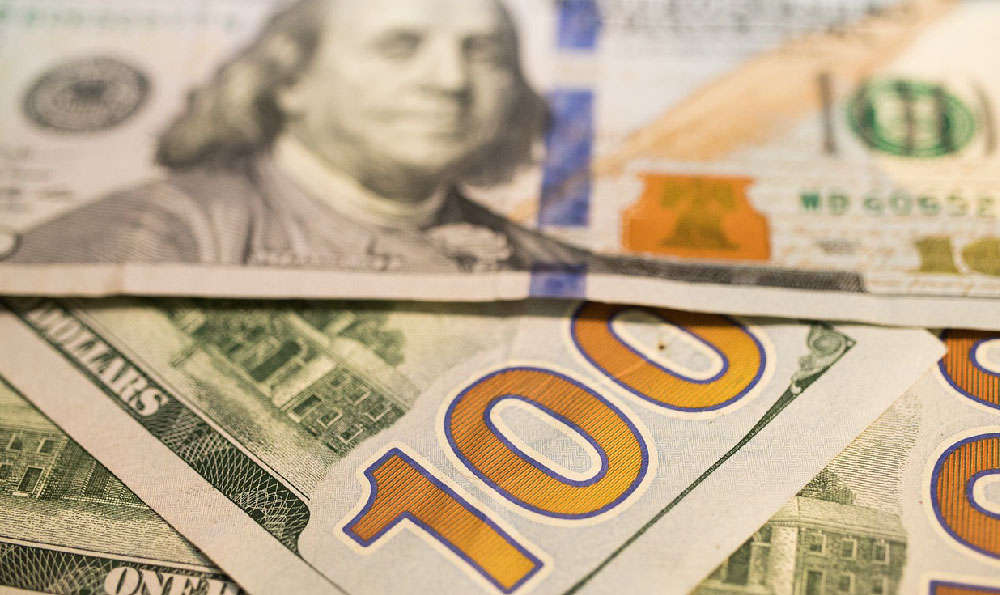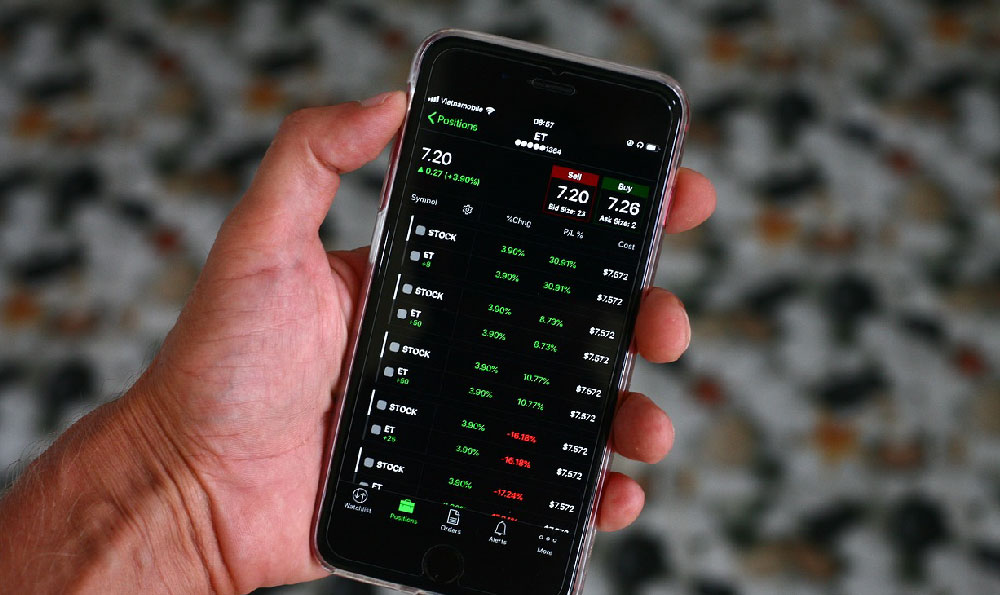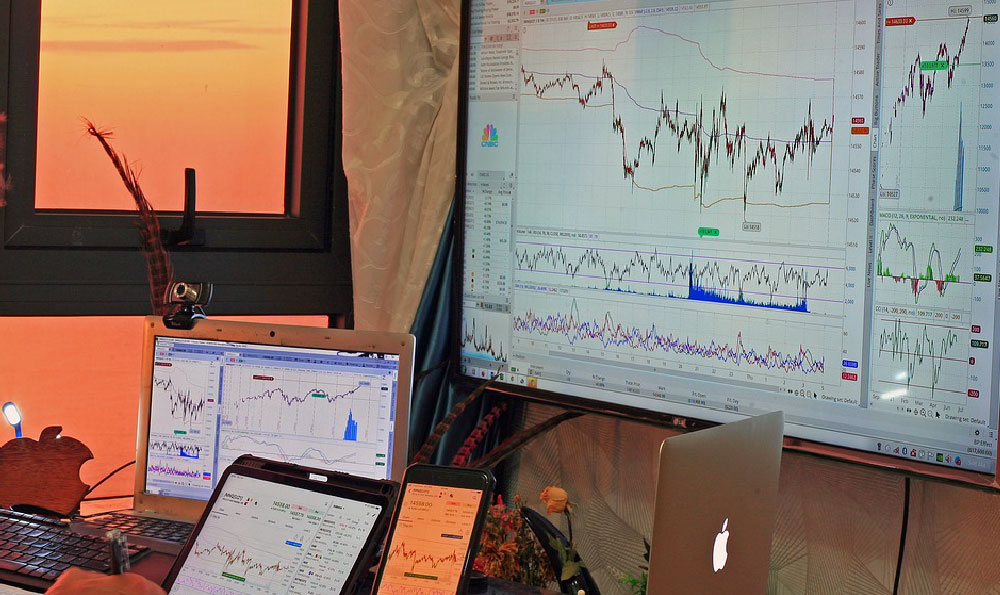How Much Can $10,000 Earn in a Money Market Account? & Is a Money Market Account Right for You?
Investing $10,000 into a money market account (MMA) requires a nuanced understanding of several factors that directly impact your potential earnings. These factors include prevailing interest rates, compounding frequency, and, crucially, the tax implications on the interest earned. Furthermore, whether a money market account aligns with your financial goals and risk tolerance demands a comprehensive evaluation of its benefits and drawbacks compared to alternative investment vehicles.
Let's dissect the potential earnings on a $10,000 investment. Interest rates on money market accounts are inherently variable and closely tied to the Federal Reserve's monetary policy and the overall economic climate. Currently, in an environment where the Federal Reserve has been tightening monetary policy to combat inflation, money market account yields have been relatively attractive compared to recent years. It's not uncommon to find MMAs offering annual percentage yields (APYs) ranging from 4% to even above 5% at some institutions, particularly online banks and credit unions competing aggressively for deposits.
However, these rates are not static. As economic conditions shift, and as the Federal Reserve adjusts its interest rate targets, the APY offered on your money market account will fluctuate accordingly. This variability is a key characteristic distinguishing MMAs from fixed-rate investments like certificates of deposit (CDs).

Assuming an APY of 4.5% on your $10,000 investment, you would earn $450 in interest over the course of a year. This is a straightforward calculation, but it's important to understand how compounding affects your return. Most money market accounts compound interest daily or monthly. Daily compounding means that the interest earned each day is added to the principal, and the next day's interest is calculated on the slightly larger balance. This leads to a slightly higher overall yield compared to annual compounding. The difference may seem insignificant initially, but over longer periods and with larger principal amounts, the power of compounding becomes more pronounced.
Taxes are an inevitable consideration when evaluating investment returns. The interest earned on your money market account is considered taxable income. This means you will need to report it on your tax return, and it will be taxed at your ordinary income tax rate. This rate depends on your overall income level and filing status. Therefore, the actual net return you receive on your $10,000 investment will be less than the nominal $450 due to the impact of taxes. It's crucial to factor this tax liability into your financial planning to accurately assess the after-tax profitability of the MMA. Consulting with a tax advisor can help you understand the specific tax implications based on your individual circumstances.
Beyond the raw numbers, it's critical to determine if a money market account is the right choice for your specific financial needs and risk profile. MMAs offer a compelling combination of safety and liquidity. They are typically insured by the Federal Deposit Insurance Corporation (FDIC) up to $250,000 per depositor, per insured bank. This insurance provides a high degree of security, shielding your principal from loss in the event of bank failure. Furthermore, money market accounts offer relatively easy access to your funds. While some may have limitations on the number of withdrawals you can make per month, accessing your money is generally straightforward compared to investments like CDs or real estate. This liquidity makes MMAs suitable for short-term savings goals, emergency funds, or holding money that you may need access to quickly.
However, the relatively low risk of money market accounts comes with a trade-off: lower potential returns compared to riskier investments like stocks or bonds. Over the long term, stocks have historically outperformed money market accounts and other fixed-income investments. If your goal is long-term wealth accumulation and you have a higher risk tolerance, you might consider allocating a portion of your $10,000 to the stock market or other investments with the potential for higher returns.
The decision also depends on your time horizon. If you need the money within a few months or a year, the safety and liquidity of an MMA are highly advantageous. However, if you're saving for retirement or another long-term goal, you might be better served by a diversified portfolio that includes stocks, bonds, and potentially other asset classes, even if it means accepting some level of market volatility.
Consider alternative short-term investment options. High-yield savings accounts offer similar features to money market accounts, including FDIC insurance and easy access to funds. The interest rates on these accounts can be competitive with MMAs. Treasury bills (T-bills) are short-term debt securities issued by the U.S. government. They are considered extremely safe and offer competitive yields. The interest earned on T-bills is exempt from state and local taxes, which can be a significant advantage for investors in high-tax states. Certificate of Deposit (CDs) offer a fixed interest rate for a specified period. While they lack the liquidity of MMAs, they can provide a higher yield if you are willing to lock up your money for a longer term. Comparing the APYs, liquidity, and tax implications of these different options is crucial for making an informed decision.
Ultimately, the "rightness" of a money market account hinges on your individual financial circumstances, goals, and risk tolerance. If you prioritize safety and liquidity and are comfortable with relatively modest returns, an MMA can be a valuable tool. However, if you are seeking higher returns and are willing to accept more risk, you should explore other investment options. A well-diversified portfolio that aligns with your financial goals is often the most effective approach to long-term wealth building. Remember to conduct thorough research, compare different account options, and seek professional financial advice if needed to make the best decision for your situation.















